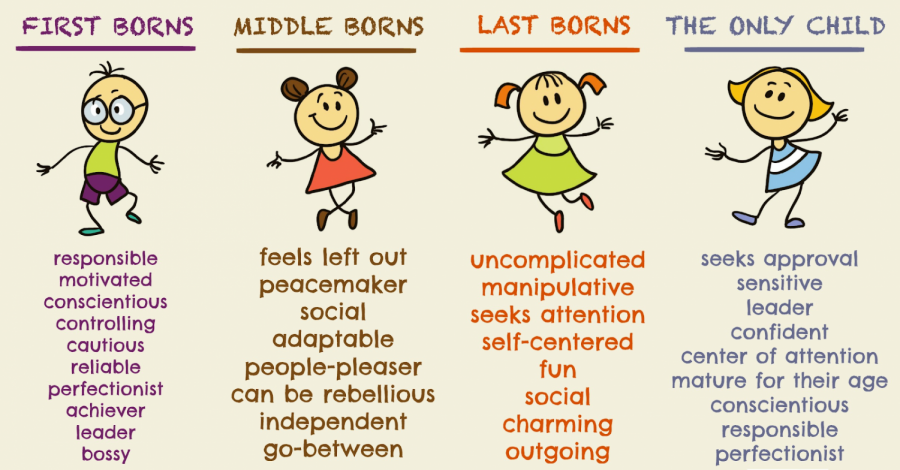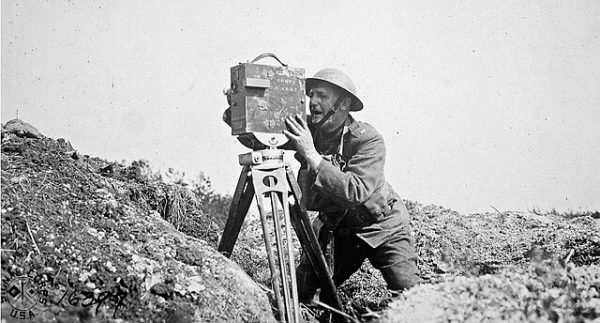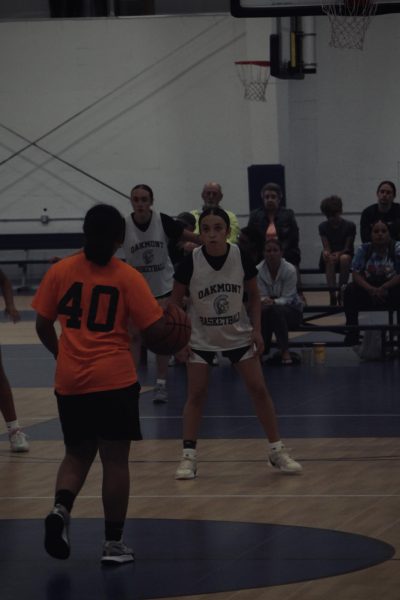Birth Order: Does it Matter?
Maybe you’re an only child, maybe you have several siblings, but did you know that all of that could determine how you’ll behave and act as you grow up? It’s called the Birth Order Theory, and personally, I can vouch that it’s real.
According to this theory, psychotherapist Alfred Alder suggests that birth order and the number of siblings you have affects a child’s potential. Meaning , that depending on how many siblings you have and how your parents raised you, your personality will change and evolve in specific ways.
If you’re an only child, chances are you are mature for your age and you hold high expectations from your parents. Being an only child means you don’t have to compete with any siblings for your parents attention or resources, or have to deal with the annoyance of having siblings. Only children tend to be leaders, perfectionists, and diligent.
The first born child is like an only child, except they eventually have to deal with having siblings and set the example. First borns usually like the attention they get from their parents, and tend to act like their parents as they grow up. Caoileen Mullane says, ¨I’ve noticed that some of the things I would get in trouble for when i was younger, my brother wouldn’t get in trouble for doing them. I feel more independent too, like I take care of my brother.¨ Parents are commonly stricter and ‘go by the book’ with their first born, so they tend to be structured, cautious and controlling at times.
Now, I can personally vouch for the middle child as I technically am a middle child. When you’re a middle child, you have to try extra hard to get attention from your parents. Which often leads to the child becoming a people pleaser. Personally, being the middle child can prove to be quite difficult as I have to compete with three other people for my parents’ attention or anything like that. Generally, the middle child is the one that has to deal with the most issues out of everyone in the family, leading them to be somewhat rebellious. But, they also tend to be peacemakers because of this, having to problem solve from an early age.
Finally, we have the baby of the family, the child that usually can get away with doing anything because the parents have had to deal with it at least two times before. The youngest child is most likely the favorite of the family, they don’t have to struggle with anything other than dealing with siblings. But this isn’t the case in some situations, according to Rachel Courtenay, ¨As the youngest it almost feels like my parents are always breathing down my neck, because of my older siblings mistakes they are much more cautious.¨ Typically though, the youngest child is an attention-seeker, outgoing, and even manipulative at times.
This isn’t the case for all families though, your personality depends on the environment you grow up in. How your parents raise you, the type of friends you make, and if you have to deal with siblings or not. But at least for my family and many others, the birth order theory is definitely a real thing and my family is a spitting image of it.

Krista Brotosky is part of the class of 2021 at Oakmont but is only now starting her writing journey. For her senior year, Brotosky decided to start the...












